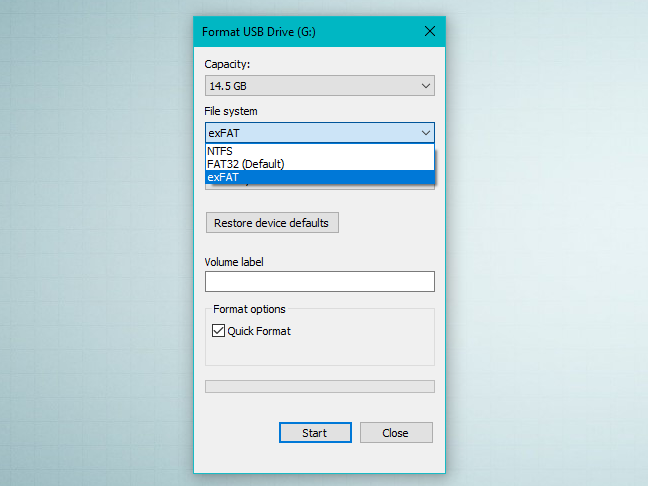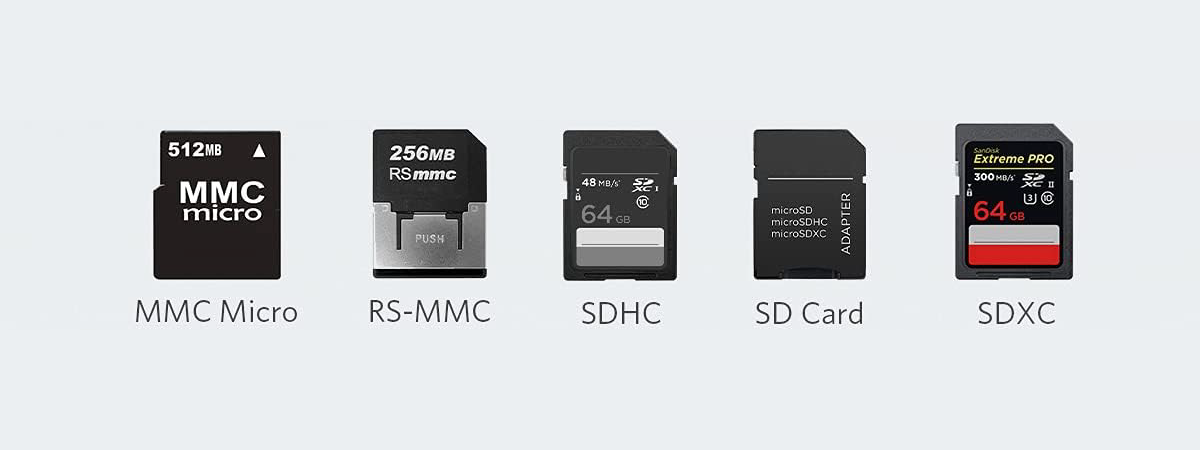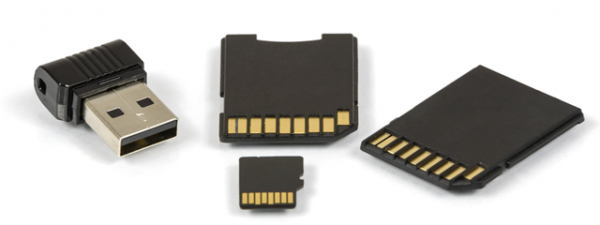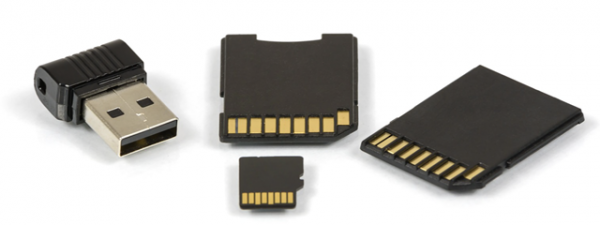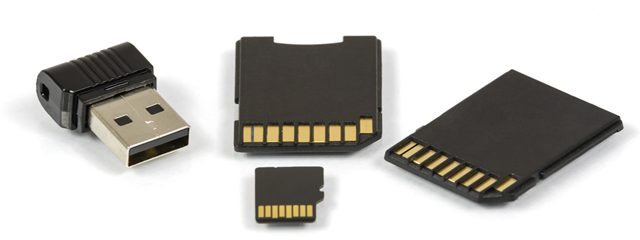
Did you hear about exFAT? It is the new kid in town when it comes to file systems that are used on flash drives and mobile devices. If you are both a Windows and a Mac OS user, you are probably familiar with exFAT, but if you are not, chances are you have never used this file system. Either way, if you want to know what it is, when and why it was invented, read on. We will answer all these questions and more, in this article:
What is exFAT?
exFAT is a file system that was created to be used on flash drives like USB memory sticks and SD cards. The name of exFAT is an acronym for Extended File Allocation Table, which gives a hint for its precursors: FAT32 and FAT16. exFAT is a newer version of the old FAT32 file system, and it is a middle ground between FAT32 and the more modern and more sophisticated NTFS file system (New Technology File System).
When was exFAT invented and by who?
exFAT was designed by Microsoft back in 2006 and was a part of the company's Windows CE 6.0 operating system. Windows CE was Microsoft's embedded operating system that was used for all sorts of devices that we call today Internet of Things. Even more than a decade ago, operating systems were used to power devices such as digital cameras, handheld computers (Pocket PCs), cable TV boxes, flat panel TVs, media centers, portable media players, advanced car radios and so on.
Because Windows CE was an operating system that had to run on mobile devices with limited hardware and memory, it had to use a file system that was less demanding than NTFS, which was used on more powerful devices like desktop computers and laptops.
Microsoft's solution to this problem was to invent a new file system, which would be lighter than NTFS but more modern than the old FAT16 and FAT32. This new file system was called exFAT. Today, when you format a USB drive or a MicroSD card, in Windows, you can use exFAT as the file system, alongside FAT32 and NTFS. Don't take our word for it and try it yourself.
The pros of using exFAT
exFAT is a file system that is optimized for flash drives. For that purpose, exFAT has a few major features that distinguish it from other file systems:
- exFAT is a lightweight filesystem that doesn't need a lot of hardware resources to be maintained.
- It offers support for huge partitions, of up to 128 pebibytes, which is 144115 terabytes!
- It can store files that are very large, a lot higher than the 4GB limit imposed by FAT32 for instance. If you're curious, the file size limit is 16 exbibytes, but that's more than the maximum partition dimensions, so the real size limit for a file stored on exFAT is the same as the limit size of the partition: 128 pebibytes.
- exFAT is compatible with a lot of different devices and operating systems. According to Wikipedia, exFAT is supported in Windows XP and Windows Server 2003 with update KB955704, Windows Embedded CE 6.0, Windows Vista with Service Pack 1, Windows Server 2008, Windows 7, Windows 8, Windows Server 2008 R2 (except Windows Server 2008 Server Core), Windows 10, and Mac OS X starting from 10.6.5. exFAT is also supported by most cameras, smartphones and newer gaming consoles such as Playstation 4 and Xbox One. exFAT is also supported by Android's latest versions: Android 6 Marshmallow and Android 7 Nougat. According to this website, exFAT is supported by Android since its version 4 came around. And according to this discussion, exFAT is also supported by iOS 7 and newer.
The cons of using exFAT
In our opinion, there's only one real "not so positive" thing about exFAT, and that's the lack of support for journaling. Journaling is a feature that allows the file system to keep records of changes made to files stored on it. That's useful when data corruption occurs because journals can be used to recover broken data. exFAT doesn't have this feature, and that means that data can be corrupted more easily when unexpected shutdowns occur or when the removable drive formatted this way is not safely ejected.
How is exFAT used?
exFAT is a file system used mainly for formatting flash drives such USB memory sticks and SD cards. However, it's also widely used on all sorts of other consumer electronic devices such as digital cameras, TVs, media centers, cable TV set-top boxes and so on.
Is exFAT faster or slower than FAT32 and NTFS?
Although technical specs lead us into believing that exFAT is a lighter and faster file system than NTFS, we wanted to check it on our own. The best way to see how exFAT compares to NTFS or FAT32 was to format the same removable USB memory sticks we had around, using all these file systems and then benchmark them with CrystalDiskMark. The flash drives that we tested are the following: Kingston DataTraveler microDuo 3C (represented by letter A), IronKey D300 (represented by letter B) and SanDisk Ultra Fit (represented by letter C). Below you can see the speeds that we measured on all three devices when using exFAT.
And here are the speeds we recorded on all three memory sticks when using FAT32.
Finally, here's what their speeds were when we formatted them using the NTFS filesystem.
When looking at these results, you can see that the Kingston DataTraveler microDuo 3C (represented by letter A) had the fastest writing speeds when it was formatted with exFAT, IronKey D300 (represented by letter B) was the fastest at reading data when it was using the NTFS filesystem, and the SanDisk Ultra Fit (represented by letter C) had the fastest speeds at reading data when using NTFS, but was the fastest at writing data when using exFAT.
The end conclusion is that although the speeds don't vary much, it's safe to say that NTFS is the fastest choice if data read speeds is what you want, and exFAT is the choice if writing speed is your primary concern.
Do you use exFAT?
So the question is: are you using exFAT? Or do you prefer NTFS, or maybe even the old FAT32? To be honest, we only use NTFS, but that's because we use a lot of Microsoft devices running Windows. However, if we were to use Macs, we'd probably use exFAT on all our removable drives, as Macs don't offer good support for NTFS but do for exFAT. We're eager to find what your opinions are - use the comments below to share your thoughts.


 19.06.2017
19.06.2017 